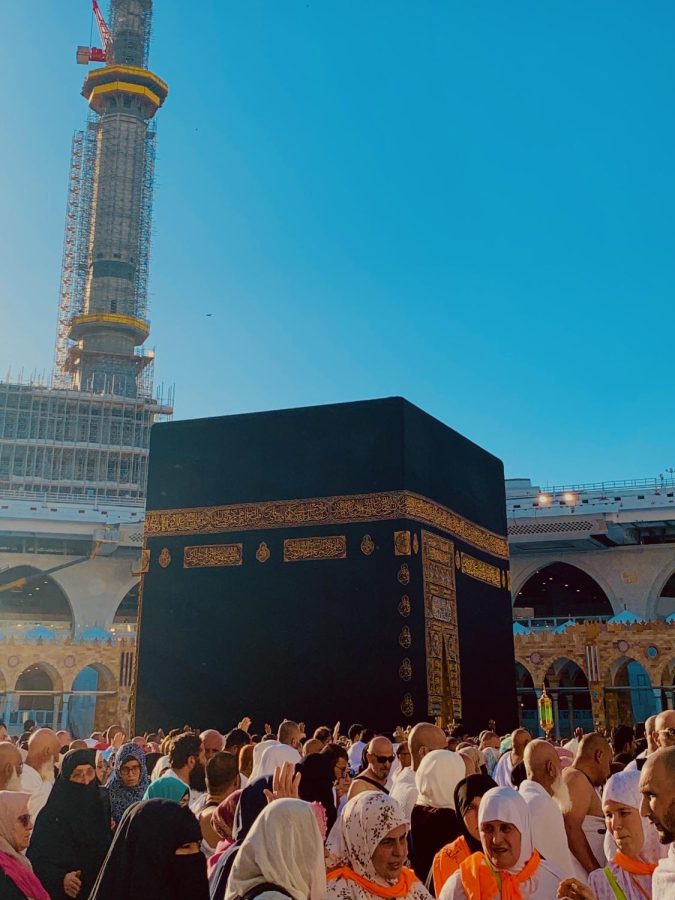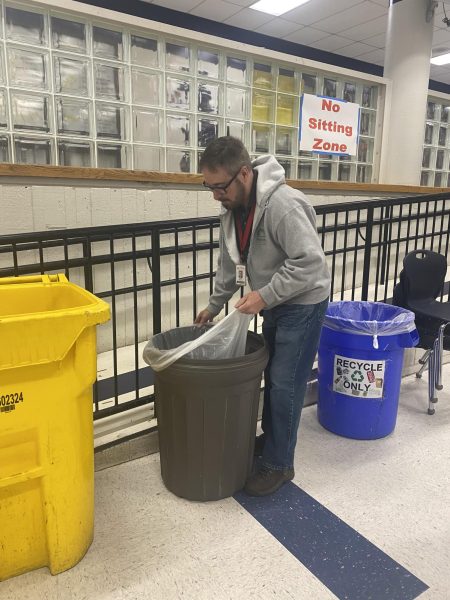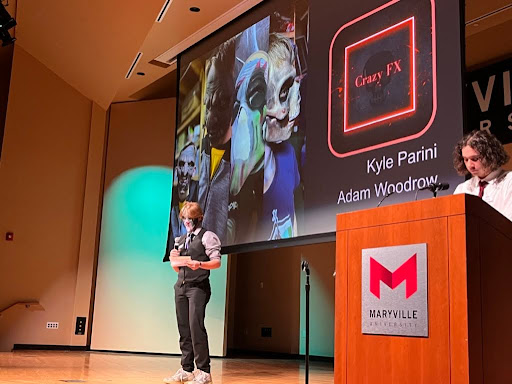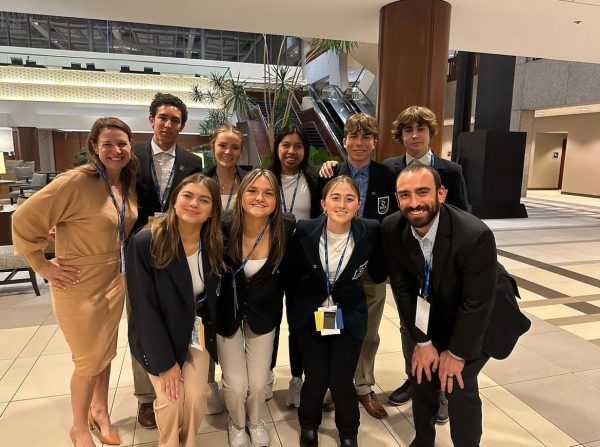Not Even Water?
Muslim students talk about their experiences attending school while fasting for Ramadan.
Ramadan, a religious holiday celebrated by many South students and over 1.9 billion people around the world, is coming to an end on Friday or Saturday.
March 22 marked the first day of Ramadan this year, a holy month of fasting for Muslims. Ramadan is celebrated during the ninth month of the Islamic calendar and is based on the first day of fasting for the holy month of Ramadan depending on when the new crescent moon is first sighted.
Senior Sarrah Fakhani talked about why Muslims fast during this holy month.
“I fast because it is one of the pillars of Islam and while fasting I feel like I have a closer connection to God during this time. My heart is just at peace,” Fakhani said.
As stated, Ramadan is practiced as the fourth pillar of Islam and it has roots dating back to 624 C.E. The other pillars include the profession of faith, prayer, alms, and pilgrimage. These five pillars define the basic identity of Muslims.
Due to the fact that Ramadan changes every year and can end up falling during the school year, students say that it can be challenging to go on a full day without eating or drinking anything while going through a school day.
As Ramadan is now coming to an end, EL teacher Cynthia Adams talked about what she has seen at South High while Muslim students are fasting.
“As a teacher, I have seen Muslim students really tired in class and they seem to have less motivation overall. But, students still continue to do their best and keep up with their education. I do feel for the students who have classes like P.E or classes that require them to participate physically. Especially outside in the heat,” she said.
Many Muslim students tend to be very tired and drowsy throughout the day due to the fact they must eat “breakfast” (suhoor in Arabic) before the sun rises as well as pray their morning prayer (called fajr).
For more context, Muslims are required to pray five times daily, before sunrise, midday, in the afternoon, at sunset, at night, and there is a special nightly prayer during Ramadan every day during the 30 days called Taraweeh. Taraweeh is very late at night around 9 p.m. and the time changes every day (gets later in the day). Taraweeh prayer can last an hour and sometimes the whole night. Because of this, some Muslim students think that teachers should lessen the work during the month of Ramadan due to the fact their energy levels can be very low throughout the day.
“Yes, 100%. I feel like teachers forget how much we have to do. They should educate themselves more about this matter. We don’t just fast, we have to keep up with our prayers and our religion. It’s a holy month and we also have Taraweeh prayers which are super late at night, so it’s hard to get homework done. It’s like I have to force myself to get up and do my homework or I will do my work in class otherwise I won’t do it because I am a senior and have so much less motivation. It’s even harder to focus on tests,” Fakhani said.
Speaking of testing, the ACT was administered yesterday, during the month of Ramadan.
Junior Khairat Shittu shares her opinion on rescheduling the ACT.
“There is a limit to what one’s body can take during Ramadan and studying while fasting is hard. I mean it’s just for one month–they should at least be a little bit more considerate. Studying and taking a huge test while on an empty stomach is not the best feeling, to be honest,” she said.
While the school has been somewhat understanding toward Muslim students in some regards, many students said they think teachers should be more educated on this matter and a little more lenient when it comes to school work.
Many Muslim students wish that more people, not just teachers, should educate themselves about the rules of Ramadan.
Junior Salim Sleem talked about the questions he repeatedly gets asked while fasting.
“Not even water? For 30 days? Do you not eat at all the whole day? It gets annoying sometimes. I just hope that someday people will stop asking this question because it is pretty obvious,” he said.











